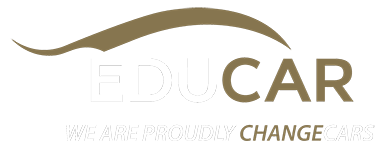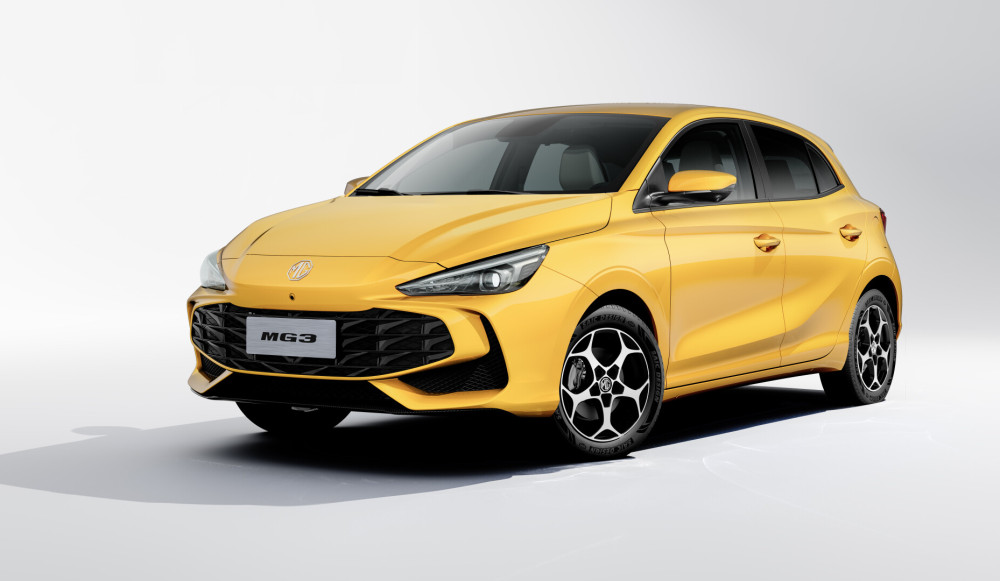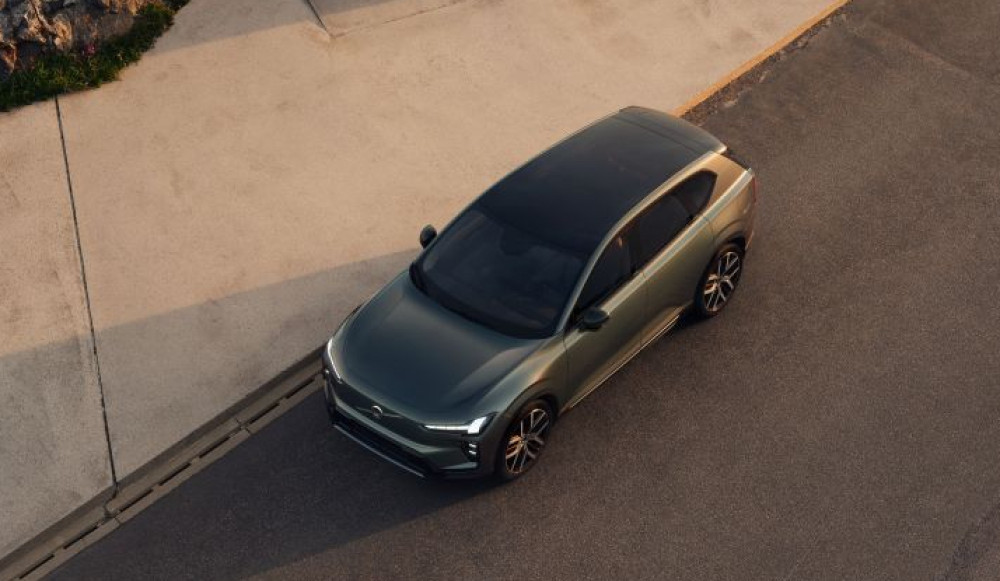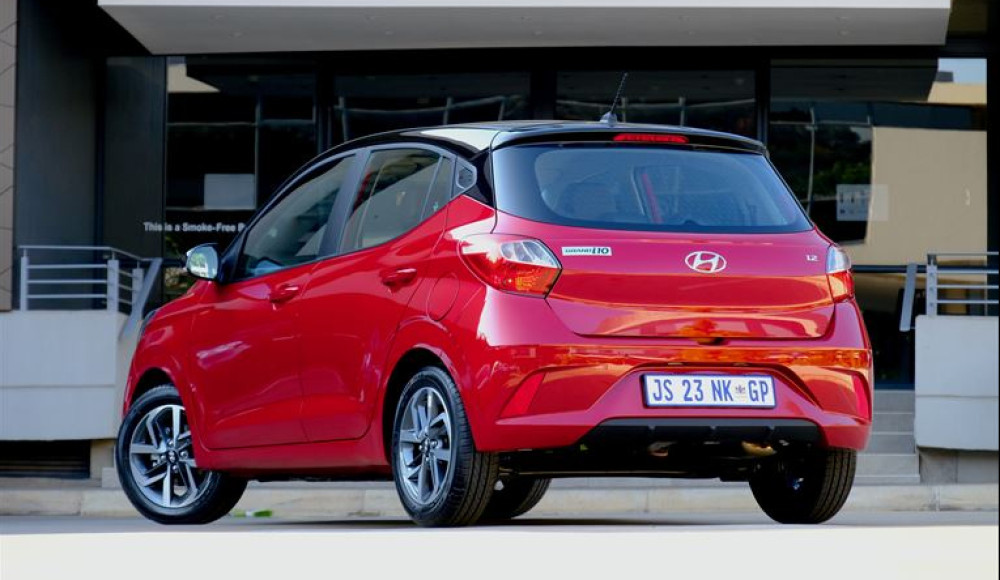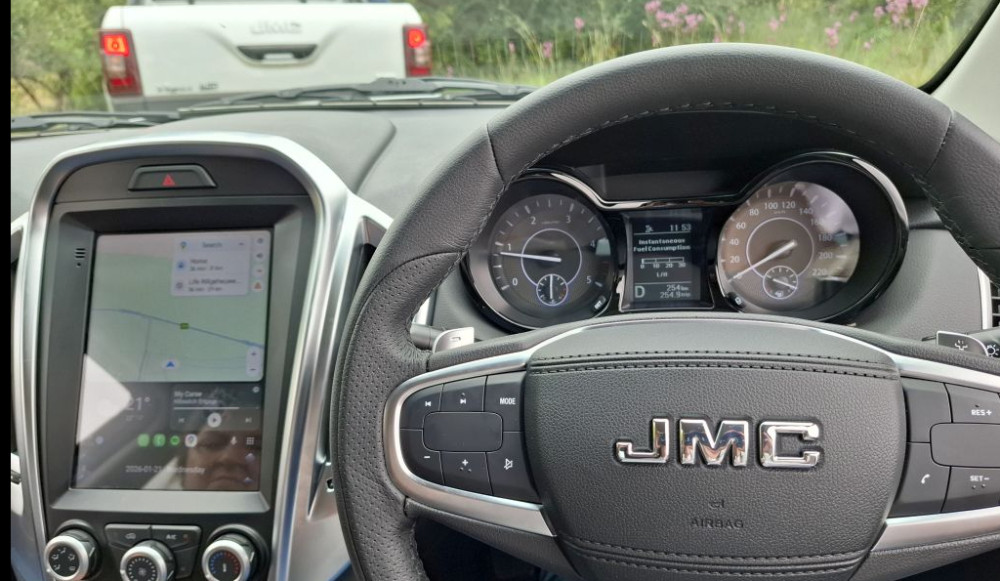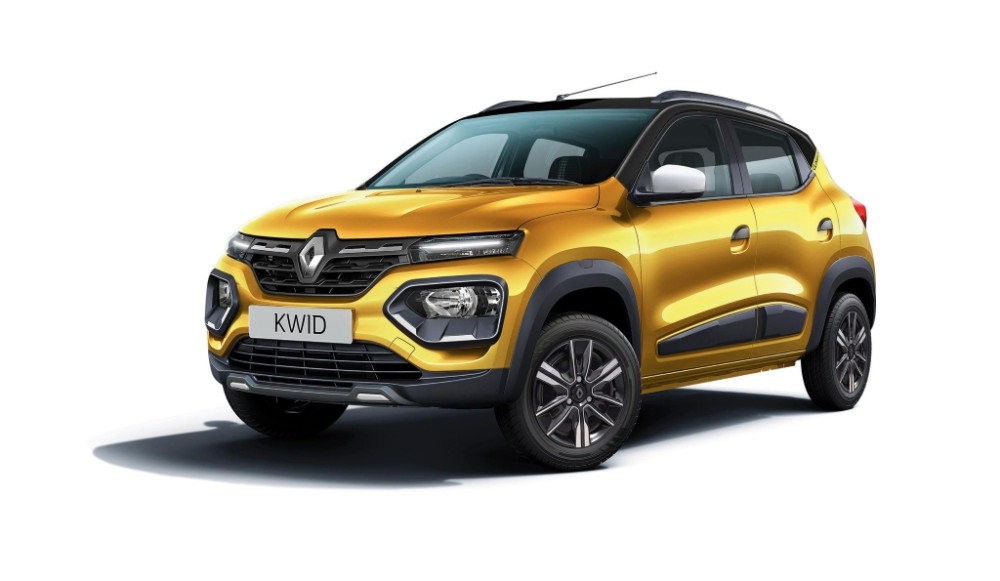As fuel prices rise and environmental concerns grow, many South Africans are considering the benefits of hybrid cars. Hybrids combine a traditional internal combustion engine with an electric motor to improve fuel efficiency and reduce emissions. But are hybrids worth it in the South African context? Let’s consider the pros and cons of going hybrid to understand their true value.
Click here to find the perfect hybrid vehicle for your needs.
Pros of hybrid cars
- Fuel savings: One of the biggest draws of hybrid cars is their improved fuel efficiency. Hybrids use less fuel than standard petrol or diesel cars because they rely partly on an electric motor, which lowers fuel consumption in city driving or during stop-and-go traffic. For South Africans with long commutes or frequent city driving, this can translate into substantial fuel savings over time.
- Lower emissions: Hybrids produce fewer emissions than standard cars, which contributes to cleaner air and a smaller carbon footprint. This is beneficial in cities where pollution can be an issue, and it aligns with the global shift towards greener energy sources. Environmentally conscious drivers may find hybrids to be an ethical choice.
- Resale value: As interest in eco-friendly cars rises, hybrids tend to hold their value well in the resale market. Early adopters of hybrids in South Africa could benefit from strong resale value as the demand for these models grows in the coming years.
Cons of hybrid cars
- Higher upfront costs: Hybrids generally come with a higher purchase price than conventional cars due to their complex technology. This higher upfront cost can be a barrier for budget-conscious buyers, especially in a market where vehicle affordability is a concern. The fuel savings over time may help offset this, but it can take years to break even.
- Charging infrastructure and battery concerns: While hybrids don’t rely entirely on charging stations, South Africa’s limited EV charging infrastructure can still be a drawback, particularly for plug-in hybrids. Additionally, hybrid batteries are costly to replace, so potential buyers should consider battery life and availability of service options.
- Repair and maintenance: Hybrid cars contain specialized technology that may require specific expertise and parts, which can lead to higher repair costs. It’s essential to check whether nearby service centers are equipped to handle hybrid maintenance before buying one.
Get the best insurance quote for your hybrid vehicle here.
Is a hybrid right for you?
The true value of a hybrid depends on your driving habits, budget, and environmental priorities. If you frequently drive in urban areas and prioritize fuel savings, a hybrid could be a sound investment. However, those who prefer long-distance driving or need to stick to a strict budget may find that a fuel-efficient traditional car better suits their needs. As the hybrid market matures in South Africa, we may see more affordable options and better infrastructure, making hybrids a more accessible choice in the future.
Mpho Mahlangu, in association with
proudly CHANGECARS
